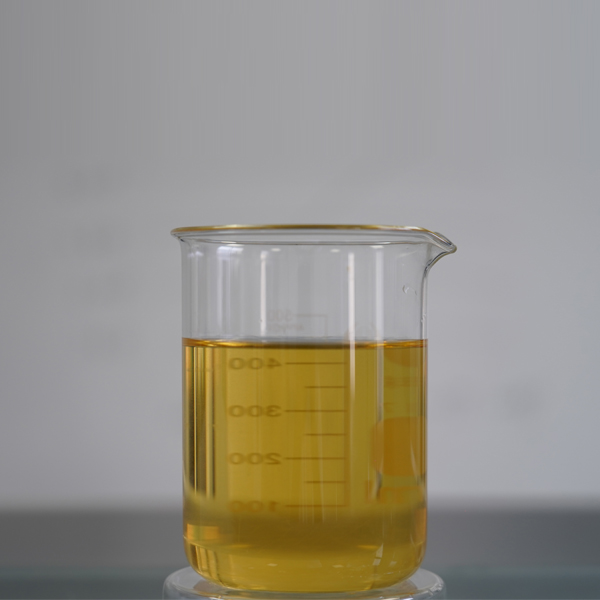
News
Sep . 19, 2024 06:20 Back to list
high quality micronutrients for rose plants
High Quality Micronutrients for Rose Plants
Roses, known for their exquisite beauty and enchanting fragrance, are a favorite among gardeners around the world. However, cultivating healthy and vibrant rose plants requires more than just proper watering and sunlight; it necessitates a well-balanced supply of nutrients, particularly micronutrients. These trace elements, although needed in small quantities, play a critical role in the growth, development, and overall health of rose plants.
Micronutrients are essential for various physiological functions within the plants. The key micronutrients for roses include iron, manganese, zinc, copper, boron, and molybdenum. Each of these elements contributes uniquely to the vitality of the plant.
Iron is crucial for the synthesis of chlorophyll, the compound that allows roses to photosynthesize and produce energy. A deficiency in iron can lead to chlorosis, characterized by yellowing leaves and stunted growth. To ensure adequate iron levels, gardeners can use chelated iron supplements or organic matter that naturally enhances iron availability in the soil.
Manganese facilitates photosynthesis and plays a vital role in the respiration process of the plant. It also helps in the formation of antioxidants, which protect the plant from environmental stress. Symptoms of manganese deficiency include interveinal chlorosis—where leaf veins remain green while the area between them turns yellow.
Zinc is essential for stem elongation and leaf development. It also aids in hormone production that influences growth and flowering. Roses deficient in zinc may exhibit smaller leaves and poor blooming capabilities. Therefore, incorporating zinc sulfate into the soil can bolster the health of the roses.
high quality micronutrients for rose plants

Copper is necessary for processes such as photosynthesis and respiration, and it assists in forming lignin, which strengthens plant cell walls. A lack of copper can result in weak stems and poor overall growth, making copper supplementation important in maintaining robust rose plants.
Boron plays a significant role in cell wall formation and reproductive growth, impacting the flowering process. Insufficient boron can cause poor flower formation and diminished fruiting capabilities. Applying borax, a commonly used boron source, can help address boron deficiencies in the soil.
Lastly, molybdenum is involved in nitrogen metabolism, which is essential for protein synthesis. Molybdenum deficiencies can lead to stunted growth and poor leaf quality, making it vital for the enhancement of overall plant health.
To ensure roses receive these crucial micronutrients, soil testing is recommended. This will help determine the specific nutrient needs of the soil and avoid the potential pitfalls of over-fertilization. Additionally, using high-quality organic fertilizers and compost can significantly enhance micronutrient availability and contribute to healthier rose plants.
In conclusion, providing high-quality micronutrients is fundamental for the growth and longevity of rose plants. By understanding the specific needs of these nutrients and utilizing them appropriately, gardeners can cultivate stunning roses that thrive in any garden setting. With the right care and attention to their nutritional needs, roses can flourish, bringing beauty and joy to our lives.
-
Polyaspartic Acid Salts in Agricultural Fertilizers: A Sustainable Solution
NewsJul.21,2025
-
OEM Chelating Agent Preservative Supplier & Manufacturer High-Quality Customized Solutions
NewsJul.08,2025
-
OEM Potassium Chelating Agent Manufacturer - Custom Potassium Oxalate & Citrate Solutions
NewsJul.08,2025
-
OEM Pentasodium DTPA Chelating Agent Supplier & Manufacturer High Purity & Cost-Effective Solutions
NewsJul.08,2025
-
High-Efficiency Chelated Trace Elements Fertilizer Bulk Supplier & Manufacturer Quotes
NewsJul.07,2025
-
High Quality K Formation for a Chelating Agent – Reliable Manufacturer & Supplier
NewsJul.07,2025
